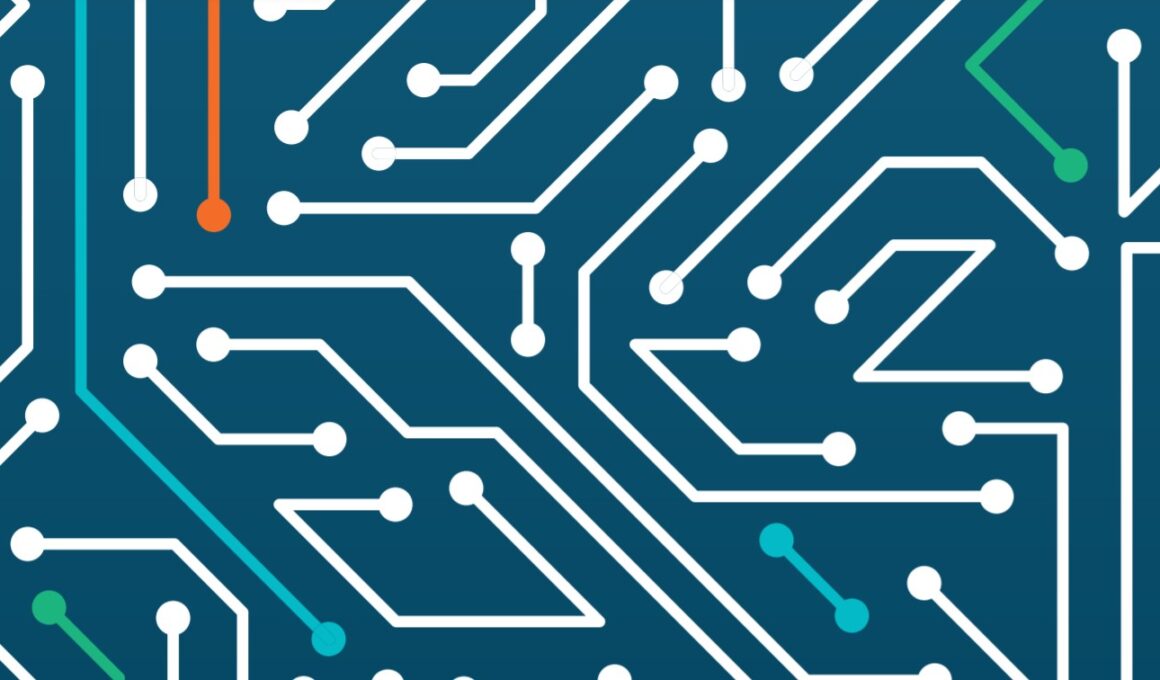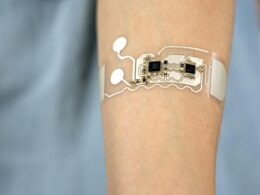Health Policy Watch
Madeleine Hoecklin
28/06/2021
Image Credits: WHO.
Artificial intelligence (AI) has the potential to strengthen the delivery of healthcare and move the world closer towards universal health coverage, but ethical considerations and human rights must be central to the design, development, and deployment of AI technologies, according to a new report released on Monday.
The World Health Organization’s (WHO) Ethics and Governance of Artificial Intelligence for Health , the world’s first global report on the use of AI in health, is the result of
- two years of consultations conducted by
- a panel of 20 international interdisciplinary experts in ethics, digital technology, law, human rights, and health.
“This important new report provides a valuable guide for countries on how to maximize the benefits of AI, while minimizing its risks and avoiding its pitfalls,”
said Dr Tedros Adhanom Ghebreyesus, WHO Director-General, at the launch of the report on Monday.
“I hope this report will help countries to harness the power of artificial intelligence while minimizing the risk for a healthier, safer, and fairer future,” Tedros added.
AI refers to the ability of algorithms encoded in technology to learn from data to perform automated tasks and is an exploding area of science that is being used in numerous disciplines.
AI is “poised to strengthen healthcare, health research, drug development, improved diagnosis of infectious diseases, including COVID, as we are now seeing, and public health surveillance,” said Professor Partha Majumder, co-chair of the WHO Expert Group on Ethics and Governance of AI for Health and founder of the National Institute of Biomedical Genomics in India.
As innovation and development of AI continues, it could allow medical providers to make faster and more accurate diagnoses, enhancing the capabilities of health systems.
The future of public health will increasingly become digital, with the development of technologies that “bring both promise and opportunities, but also challenges and ethical questions,” said Dr Soumya Swaminathan, WHO Chief Scientist.
Applications of AI in Health
In high-income countries, the use of AI has already begun to transform health systems through the prevention, diagnosis, and treatment of diseases.
- Currently, AI is being used for radiological diagnosis in oncology, such as colonoscopy, mammography, and brain imaging. In addition, AI algorithms based on RNA and DNA sequence data are used to guide immunotherapy cancer treatment.
- AI technologies are also being piloted for the detection, management, treatment, and care of patients with tuberculosis (TB) and those living in areas with rampant TB.
- Predictive AI systems were able to identify the risk of birth asphyxia, a condition where a newborn doesn’t get enough oxygen before or during birth, with the use of imaging technology during the labor process, according to the report.
- In Singapore, a national programme was established in 2017 to develop and support the country’s AI ecosystem, focusing on healthcare innovation. AI-driven solutions are being used to address high cholesterol, high blood pressure, and diabetes, which are prevalent in Singapore.
- Predictive modelling is used to identify those at the highest risk of developing chronic diseases for early intervention programs.
The goal in using AI is to slow the progression of diseases, reduce complications in patients, and lower healthcare costs.
Opportunities for LMICs
Low- and middle-income countries (LMICs) have the most to gain from the transformation to health systems brought by AI, as it could fill gaps in health care delivery and services.
Numerous LMICs face chronic shortages of health workers, a high burden of diseases, and large underserved populations. AI could provide healthcare workers with assistance in diagnostics and speed up the analysis of X-rays and pathology slides, if there is a lack of health specialists.
A pilot programme of AI-based tools is underway in India, Kenya, Malawi, Rwanda, South Africa and Zambia to screen for cervical cancer.
LMICs could also use AI to manage HIC antiretroviral therapy by predicting resistance to the drugs and helping health workers to optimize the therapy, according to WHO’s report.
Originally published at https://healthpolicy-watch.news.
To download the PDF full version of the report, open the URL below:
https://www.who.int/publications/i/item/9789240029200












